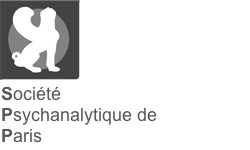|
Abstract:
|
The effect of World War I on Freud is well known, yet its relation to The Uncanny (1919) remains mysterious. Although scholars have mentioned the war's atmospheric effect, I ask: What if the connection to The Uncanny is more essential and profound, as exemplified by the essay's many implicit references to the war: its recalling of the return of the fallen and of burial alive in the trenches; of a 1917 British story about trauma in colonial New Guinea; and, through ‘The Sandman,’ of E.T.A. Hoffmann's own experiences of shock during the Napoleonic Wars? The fact that Freud does not connect these traumas directly to ‘uncanniness’ speaks to the problem they pose – for him and for psychoanalytic theory in general. This silence creates an uncanny effect within the essay itself: The Uncanny stages the same ‘return of the repressed’ that it diagnoses. I aim, first, to delineate this staging and, later, propose its conceptual relevance. The shadow of the war forces us to understand the ‘uncanny’ differently: not just as a personal trauma but as a social symptom of the repression of this suffering. The real horror of the uncanny, Freud's essay teaches us, is not our own but the other's trauma – as embodied in wartime Europe by the ‘war neurotic’ and his apparently contagious affliction.
|





